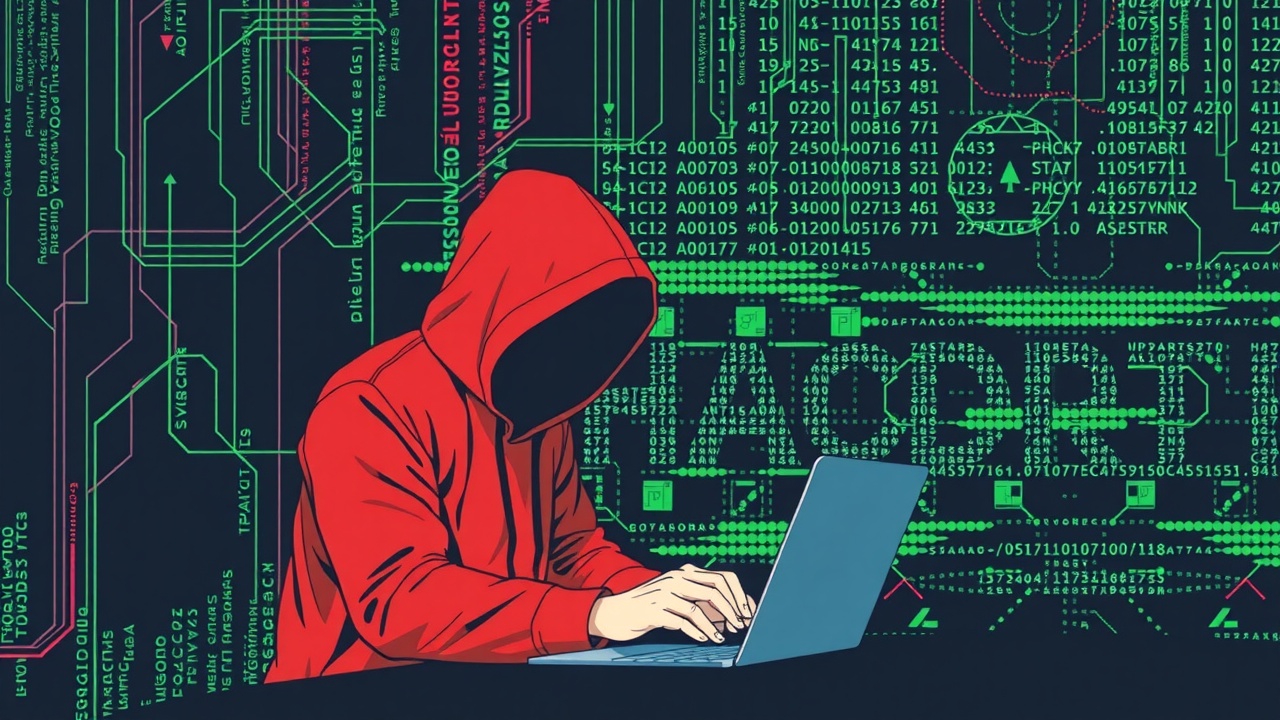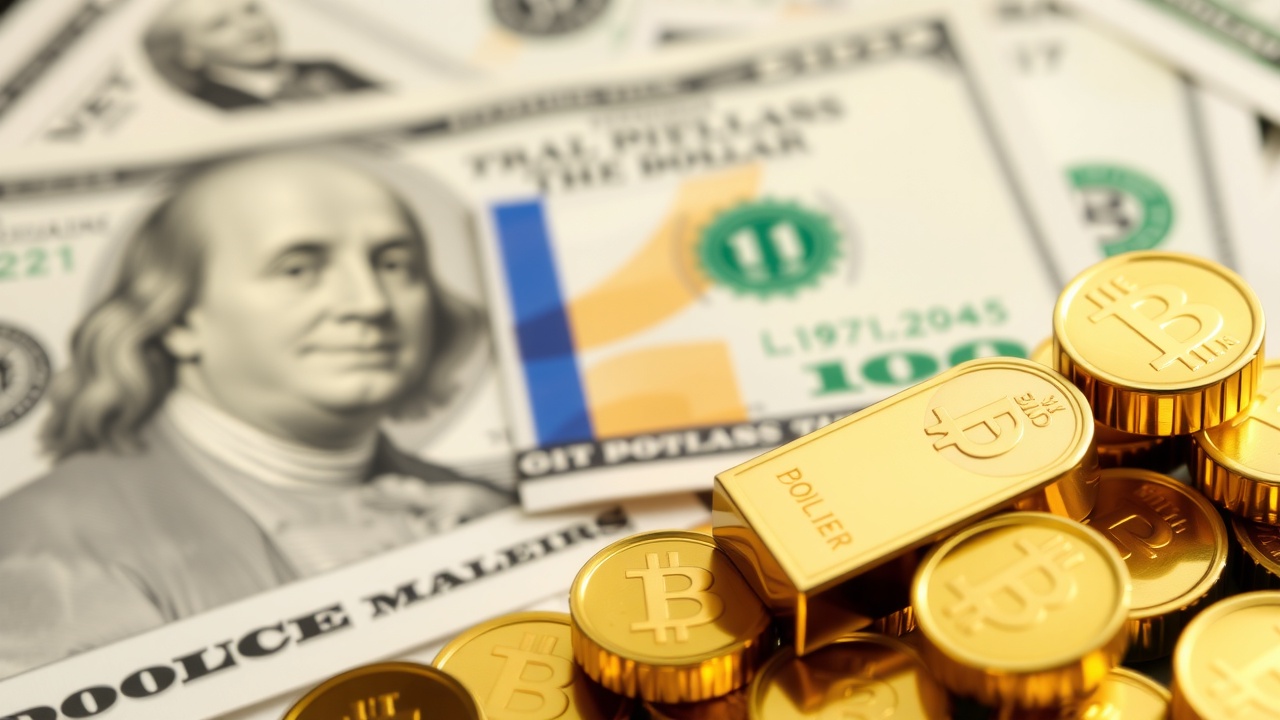
The most recent victims of cyberattacks are the Co-op and Mandamp's, but customers should also exercise caution
Customers have been greatly inconvenienced by high-profile cyberattacks at the Co-op and Marks & Spencer in recent weeks.
The price of M&S shares has dropped since its cybersecurity incident, which has hurt investors, but you shouldn't only be concerned about your portfolio.
Experts advise both individuals and retailers to take data protection seriously, as failing to do so may expose you to fraud and jeopardize sensitive financial information.
The short-term consequences for customers include delayed transactions, online or in-store outages, decreased product availability, and a generally bad shopping experience, according to Marijus Briedis, chief technology officer at NordVPN.
More importantly, depending on which systems are compromised, these attacks may reveal private client information such as contact details, payment information, and purchase histories.
According to a recent State of Global Authentication survey by data protection company Yubico, the apps and services that users use to store their most private, sensitive, and financial data have the most frequently compromised passwords.
Niall McConachie, its regional director for the UK and Ireland, stated: "People need to be cautious and take steps to improve their data security, which will help them protect their sensitive financial information, even though retailers still have the responsibility to strengthen their security.
Here's how to guard your financial information against online attacks.
Why creating strong passwords is important.
Nowadays, most online activity necessitates a password that is difficult to figure out. It is not recommended by experts to use the same password across multiple accounts.
This is frequently the first line of defense against a hack, according to Briedis, who also adds: "You don't want your email, bank, and shopping accounts to all be compromised by a single compromised password. Steer clear of birthdays and passwords that are easy to figure out, and if you can't remember them all, think about storing them securely in encrypted password vaults.
"One of the most straightforward and efficient solutions out there is two-factor authentication (2FA)." Even if someone has your password, it can stop most unauthorized access attempts. When attempting to log in through a website, this typically entails having access codes sent to your mobile device.
Customers can also use multi-factor authentication, which is unique to you and your device, like your fingerprint or face scan.
Update your gadgets.
While computer updates can be cumbersome and slow, it is easier to hack outdated software.
According to Briedis, "keep all of your devices and apps updated because hackers love taking advantage of outdated software. This is particularly crucial if the impacted businesses have released updates to help safeguard your information.
The dangers of using public wifi.
Free public wi-fi can be alluring when working from a coffee shop or a pub.
However, exercise caution when sharing information and using apps.
Briedis stated: "Data interception is common on public networks.
Avoid using public Wi-Fi for online banking or entering payment information unless you are using a virtual private network (VPN). This is a very basic rule to follow.
"Being smart is more important than completely avoiding online shopping. Stay with reputable merchants, look for HTTPS, and, if at all possible, do not save your card information.
Don't share too much on social media.
Sharing your most recent birthday or anniversary celebrations on the internet can be entertaining, but it can also give hackers access to private data.
Ocean Finance's financial crime manager, Siobhan Blagbrough, stated: "Criminals search social media for personal information to guess passwords or security questions.
"Before sharing your pet's name, your birthday, or your school informationall popular password choicesconsider your options carefully.
Keep some money on hand.
The danger of relying too much on technology, such as contactless payments or internet shopping, is highlighted by the recent power outages in Europe.
No1 Currency, a travel money specialist, has a managing director named Simon Phillips.
"The technology is fantasticuntil it malfunctions. Most of us take contactless and card payments for granted.
"Millions of people's smartphones became pricey paperweights as a result of the cyberattacks on M&S and the Co-op, as well as the nationwide power outages in Spain and Portugal, leaving them with no other option than to pay with cash.
"Cash occasionally struggles with his image. Some people still consider it to be somewhat low-tech, even though many people use it on a daily basis and cash usage has increased since the cost of living crisis.
"But it's just common sense to carry some cash in your wallet or purse. It's simple to use, has no hidden fees, and you can always count on it in the event that digital payments decline.
"Contactless and card payments are secure, practical, and helpful. However, they rely on IT infrastructure that is prone to failure, which is why you should always have some cash on hand as a contingency, both in the UK and globally.
Keep up with the hackers. .
It's critical to understand the various ways a hacker could target you.
Hacking is not the only way that cyberattacks happen.
If hackers have already gained access to your personal information online, they may use artificial intelligence tools to fool you into believing that you are sending money to a friend, relative, or bank representative.
These scams can use any messaging channel, including phone calls, WhatsApp messages, LinkedIn messages, and even voice notes using faked voice software, according to Louise Cockburn, information security culture manager at Quilter.
Therefore, it is crucial to always confirm that the person you are interacting with is who you believe them to be. You can validate it via a different, verified channel if you are unable to do so in person. To make sure you know who you are talking to, it can also be useful to pre-agree on a code word with family members or trusted financial advisors.
"As attackers may use remote desktop software to attempt to access your computer, you should always refrain from downloading it, especially if you have been contacted unexpectedly."
Keep tabs on your data.
Watch your bank statements for any unusual transactions that might indicate that your card has been fraudulently used or that your personal information has been stolen.
If your email address is involved in any data breaches, you can also find out by using helpful tools like Have I Been Pwned.
Some security tools, like McAfee, can tell you if your information is on the dark web, and credit monitoring services, like Experian and Credit Karma, offer services you can sign up for that will notify you if your credit report changes.














Leave a comment on: How to defend against online attacks on your financial and personal information